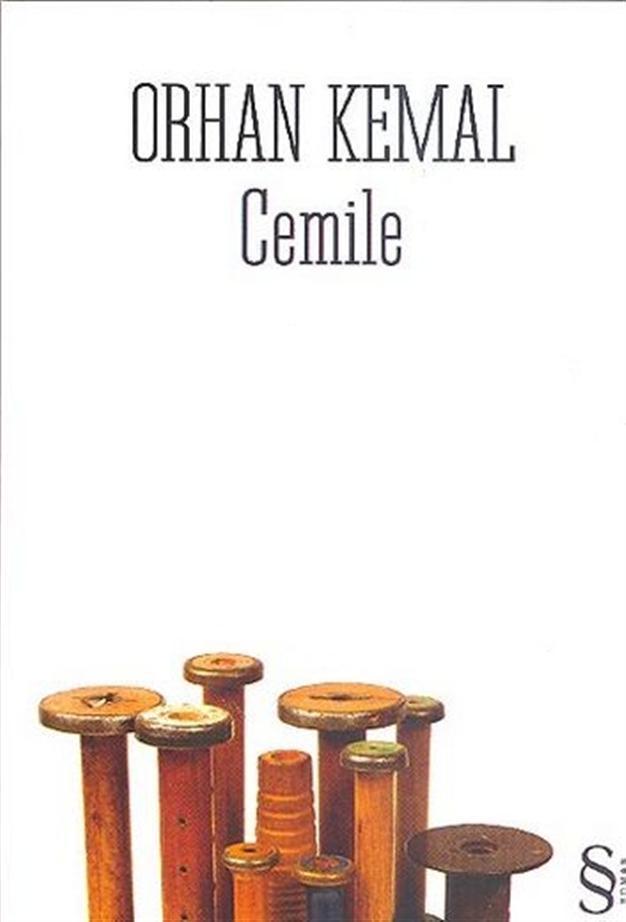A quaint but uninspiring social realist mish-mash
William Armstrong - william.armstrong@hdn.com.tr
 ‘Cemile’ by Orhan Kemal (Anatolia Publishing, 2010, 15TL, pp 175)
‘Cemile’ by Orhan Kemal (Anatolia Publishing, 2010, 15TL, pp 175)The young Cemile is a Bosnian migrant working in a textile factory in an unnamed city sometime during the early Turkish republic. She lives with her father and brother in a collective housing complex, together with the rest of the factory workers. She’s an attractive unmarried woman, with a seedy merchant called “Pockmark” Halil determinedly pursuing her affections. Her true love is for a lowly clerk in the factory, Necati, but prospects for them are dim with restrictive tradition in the community so strong. Life is bleak; money is tight; the hours are long; the air is dirty; the workers are exploited. The family dream of going back to their remote village, but in reality they know there is no way back. The downtrodden workers are ready to revolt against conditions, while a power struggle is going on at the top levels of the factory administration and a new European overseer has been brought in to raise efficiency. After 175 pages, all these disparate strands are drawn together and the novel brings things to a head.
The above synopsis is home turf for twentieth century social realist Orhan Kemal, who repeatedly focused on the gritty lives of Turkey’s urban poor in his novels. The characters in “Cemile” tend to have quaint, evocative names like “Old Malik” and “Glass Eye Sadık,” while the sociological context is implied - rather than explicit – apparently aiming to emphasize the more “universal” qualities of the story. The elemental simplicity that Kemal strove for in much of his work is sometimes reminiscent of that other lauded modern Turkish novelist, Yaşar Kemal.
Still, bearing in mind that Orhan Kemal is renowned as one of the preeminent writers of twentieth century Turkish fiction, (and a fertile wellspring for modern Turkish TV drama producers), it’s a real pity that “Cemile” turns out to be such a tedious read. A curious hodge-podge of proletarian-rhetorical novel, social allegory and conventional melodramatic romance - I found it a real chore to trudge my way through to the end. Promising questions about the tension between modernity, industrialization and tradition are hinted at but left frustratingly unpursued, and we’re simply left to struggle along with little to truly sink our teeth into. If I hadn’t been obliged to read it for this review I would certainly have given it up long before the end, (rare indeed for a literary masochist like myself).
Curiously enough, “Cemile” reminded me of an uninspired special effects-laden summer blockbuster movie – you plod along with it, you realize action is taking place, it ticks all the boxes, but you still find it difficult to care. Your attention drifts inexorably away, and when it drifts back you find yourself bemused and perplexed at what’s still going on before your eyes. Then it finishes.
I know from experience that there are more successful Orhan Kemal novels focusing on similar concerns, (“My Father’s House” and “The Idle Years” are two charming semi-autobiographical bildungsromans also set in early republican Turkey), so it would be wrong to tar them all with the same brush. Nevertheless, despite its relatively short length I must admit that I turned the last page of “Cemile” with a weary sigh of relief, relieved to have made it through quite the endurance test. Not satisfying.
Recommended recent release

‘The World Until Yesterday: What Can We Learn from Traditional Societies?‘ by Jared Diamond
Viking, $36, pp 512










